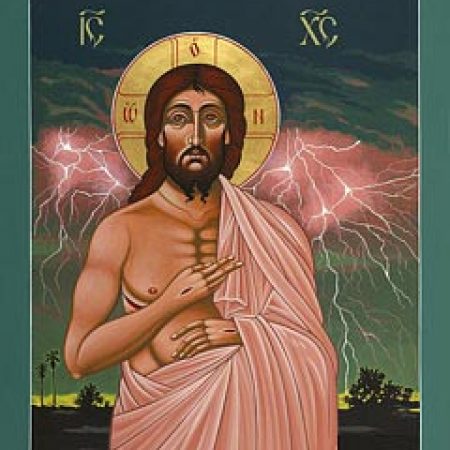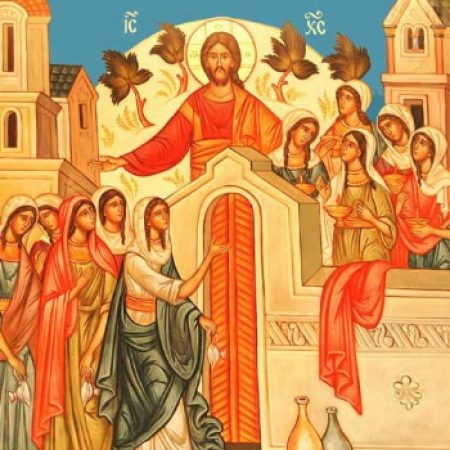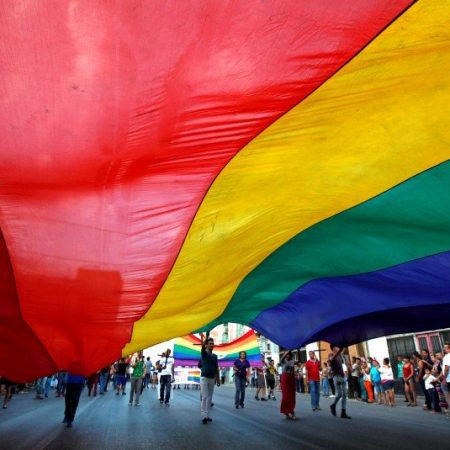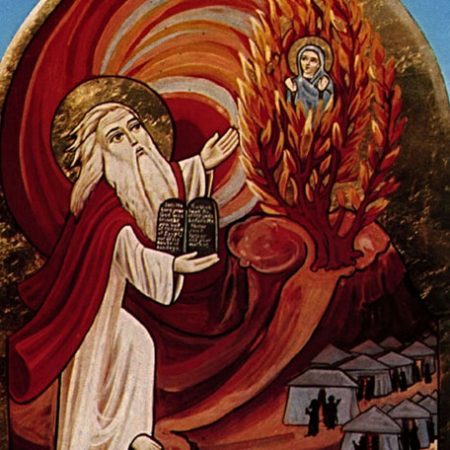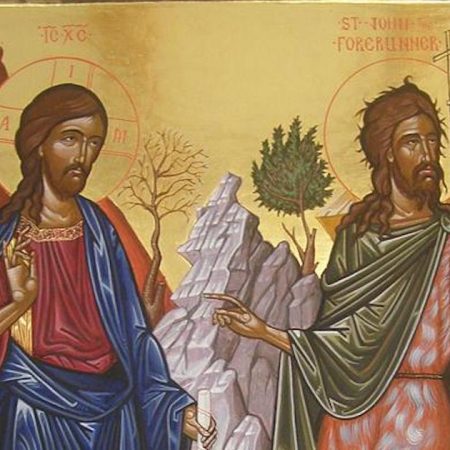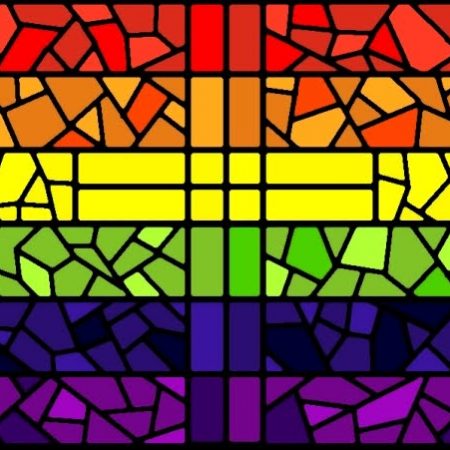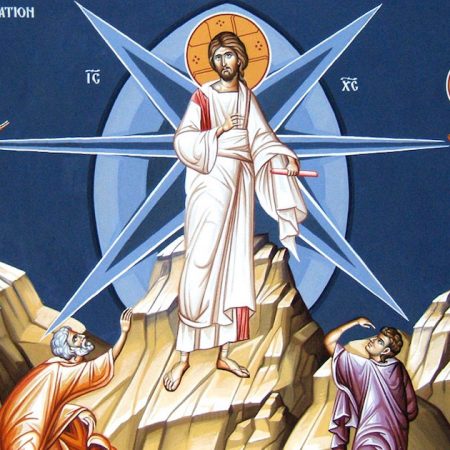When God is moving to do something new among us, it almost always seems scandalous, immoral and offensive to many, and is just as likely to involve those who are regarded as morally suspect.
Sermons on Matthew (Page 4)
Faithful waiting for for the fulfilment of God’s promises can leave us feeling compromised and alienated in the world around us.
The coming kingdom culture confronts the world’s violence by redemptively suffering and absorbing it, not by reciprocating it with even greater violence.
We can face the unknown future with confidence because we know that the one who holds the future loves us and can be trusted.
God has created a world that becomes healthy, free and full of life when its nations honour and care for the most vulnerable. Nations that fail to build cultures of compassion and care are doomed to destroy themselves.
While we are called to be a sharing community and thus to have no need of worry for tomorrow, you can’t look to others to provide you with the fruits of a life lived in generosity and prayerfulness.
Jesus’s quest for reconciliation is far wider and more discomfortingly radical than our tendency to jump on the bandwagon of popular justice causes.
Today, as in Jesus’s day, two fundamentally different visions of God and God’s expectations compete. Jesus calls us to side with the one that centres on love rather than the one that centres on concerns for holiness.
Modelling ourselves on those who model themselves on Jesus is a healthy pathway to fulfilling the image of God within us.
When we use the biblical law to reinforce a worldview of sin and punishment, we doom ourselves to live in a judgemental world, a world from which Jesus offers to break us free.
The marriage equality debate raises questions about authority, but prophetic authority is not proved by fidelity to past rules, but by its power to produce a harvest of new life and love among the people.
When Jesus exposes our aversion to having others recognised as our equals, he calls us to repent and celebrate God’s generosity to all. The marriage equality debate exposes another frontier of his challenge to us.
Law typically serves to contain the expression of human desire within safe bounds, but Jesus calls us to follow him in fulfilling the law through radical love and mercy that always seeks reconciliation.
Christians are to be known for what they celebrate and affirm and encourage rather than what they are against.
Recognising what sort of sacrifices we are called to make and what sort of sacrifices we are called to refrain from making is crucial to faithfully following the way of Jesus.
Even for Jesus, and certainly for us, there is sometimes the need to be jolted into the reality of what God’s new revelation of grace is all about.
Jesus went up the mountain and was transfigured, and we assume that it was a wonderful experience. And so it was, but maybe not in the way we think. What if the glory of God revealed in the face of Jesus at that moment was the face of utter human vulnerability?
The parable of the sower is not about us and our shortfalls but on the generosity of our Maker – the Prolific Sower.
My journey has brought me to a place where I have begun to know the rest that Jesus offers.
In a world infested by terror and fear, Jesus tells us that becoming the victims of that world is not nearly as dangerous as becoming part of it.




